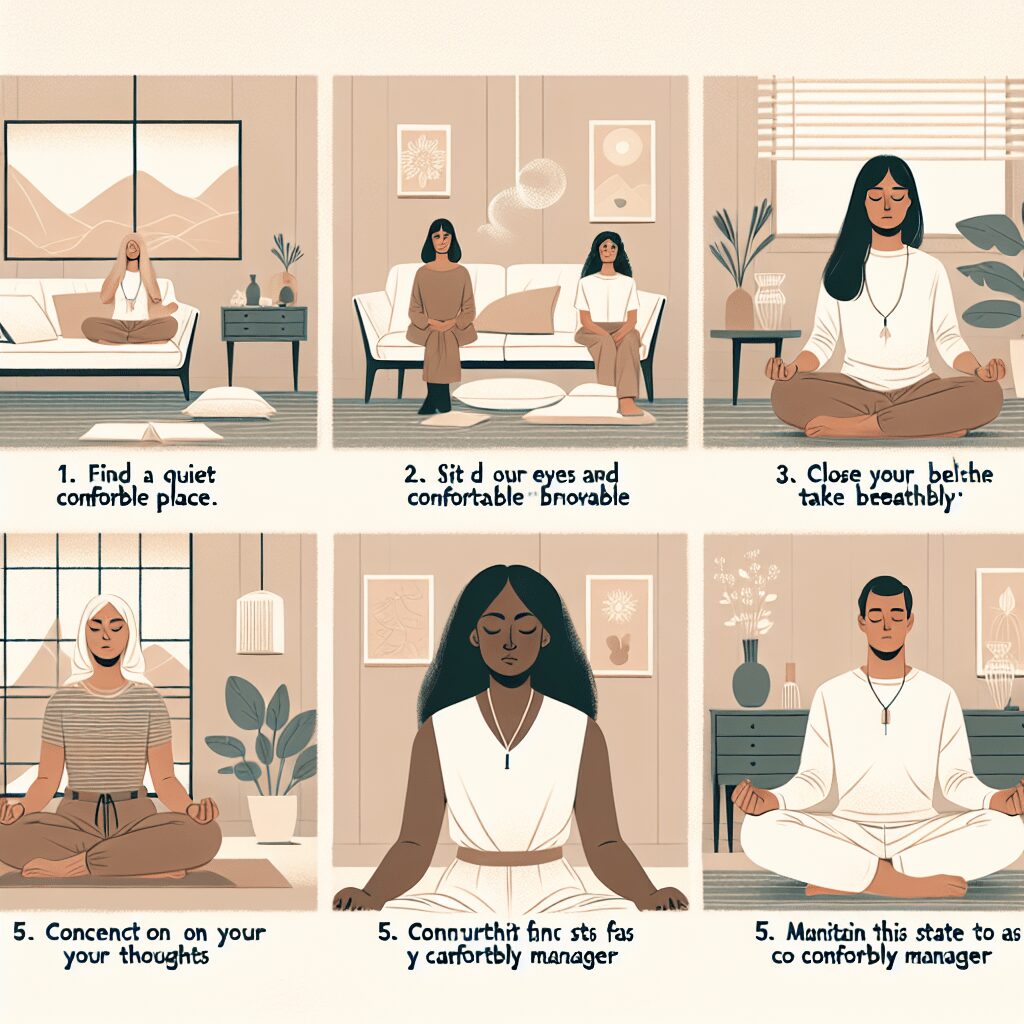
Prioritize your mental well-being daily. Enhance your life by nurturing your mental health with the Smart Meditation app. Break free from stress, alleviate anxiety, and enhance your sleep quality starting today.
Can Zoloft Worsen Anxiety?
Unraveling the Paradox: Can Zoloft Exacerbate Anxiety?
Delving deep into the labyrinth of mental health treatment, one often wonders about the double-edged sword that psychiatric medications seem to be. Among the myriad of drugs designed to combat anxiety, Zoloft (sertraline) stands out as a well-regarded ally. But, as with all great warriors, does it carry a hidden weakness? Could it be that in some paradoxical twist, Zoloft, a supposed alleviator of anxiety, actually has the potential to worsen it? Let’s decode this enigma, shall we?
The Initial Turbulence: A Closer Look
First off, it’s crucial to underline that Zoloft belongs to a class of antidepressants known as Selective Serotonin Reuptake Inhibitors (SSRIs). By tweaking the levels of serotonin in the brain, Zoloft aims to lift the dark clouds of depression and soothe the rough seas of anxiety. However, it’s not all smooth sailing. During the initial phase of treatment, some patients might experience an uptick in their anxiety levels.
Why, you ask? Well, it’s akin to stirring up the sediment at the bottom of a calm lake — the water gets murky before it clears up. In the case of Zoloft, adjusting the brain’s chemical balance can sometimes exacerbate anxiety symptoms before the therapeutic effects kick in. This initial wave of heightened anxiety isn’t a universal experience, but it’s not unheard of either. It’s like the body’s knee-jerk reaction before it learns to adapt to the changes.
Navigating Through the Storm
If you’re considering Zoloft, or perhaps you’ve just embarked on this journey and find yourself feeling more jittery than a cat in a room full of rocking chairs, don’t throw in the towel just yet. Here’s what you need to know:
- The Adjustment Period: The initial 2-4 weeks of taking Zoloft can be a rollercoaster. Your body’s adjusting, and it might throw a tantrum or two. Think of it as the storm before the calm.
- Communication is Key: Keep your doc in the loop. Experiencing an uptick in anxiety? Don’t suffer in silence. Your healthcare provider can offer solutions, tweak your dose, or provide reassurance.
- Patience, Grasshopper: Rome wasn’t built in a day, and similarly, the benefits of Zoloft might take time to manifest. Some patients start noticing improvements after 4-6 weeks, with the full effects often kicking in by 8-12 weeks.
Knowing When to Drop Anchor: Alternatives and Adjustments
So, what if you’ve given it time, communicated with your healthcare provider, and still find the anxiety too much to bear? Fear not, for all is not lost. Treatment for anxiety is not one-size-fits-all. Adjustments to the dosage or a switch to a different SSRI or another class of medication altogether might be the golden ticket. In some cases, incorporating psychotherapy, lifestyle changes, or anxiety-management techniques could also serve as invaluable aides on your journey to well-being.
In summary, while Zoloft has been a beacon of hope for many grappling with anxiety, it’s not devoid of potential hiccups during the initial treatment phase. Recognizing and understanding the nuanced response of our bodies to such treatments empowers us to navigate the course more effectively. With patience, open communication with healthcare professionals, and perhaps a bit of trial and error, finding a path to less anxious waters is achievable. Remember, it’s about striking the right balance — and with the right support, even the stormiest of seas can be navigated successfully.





